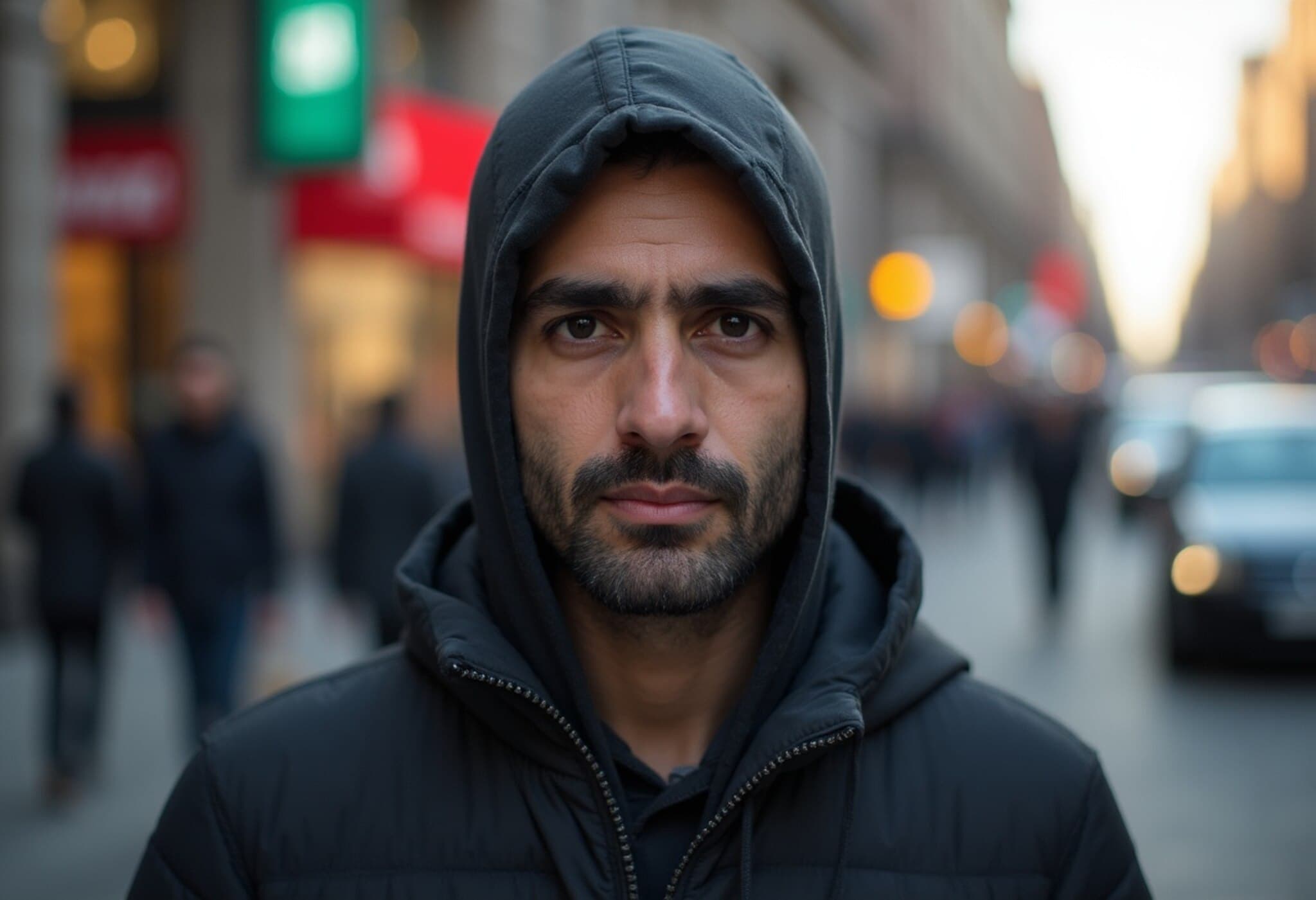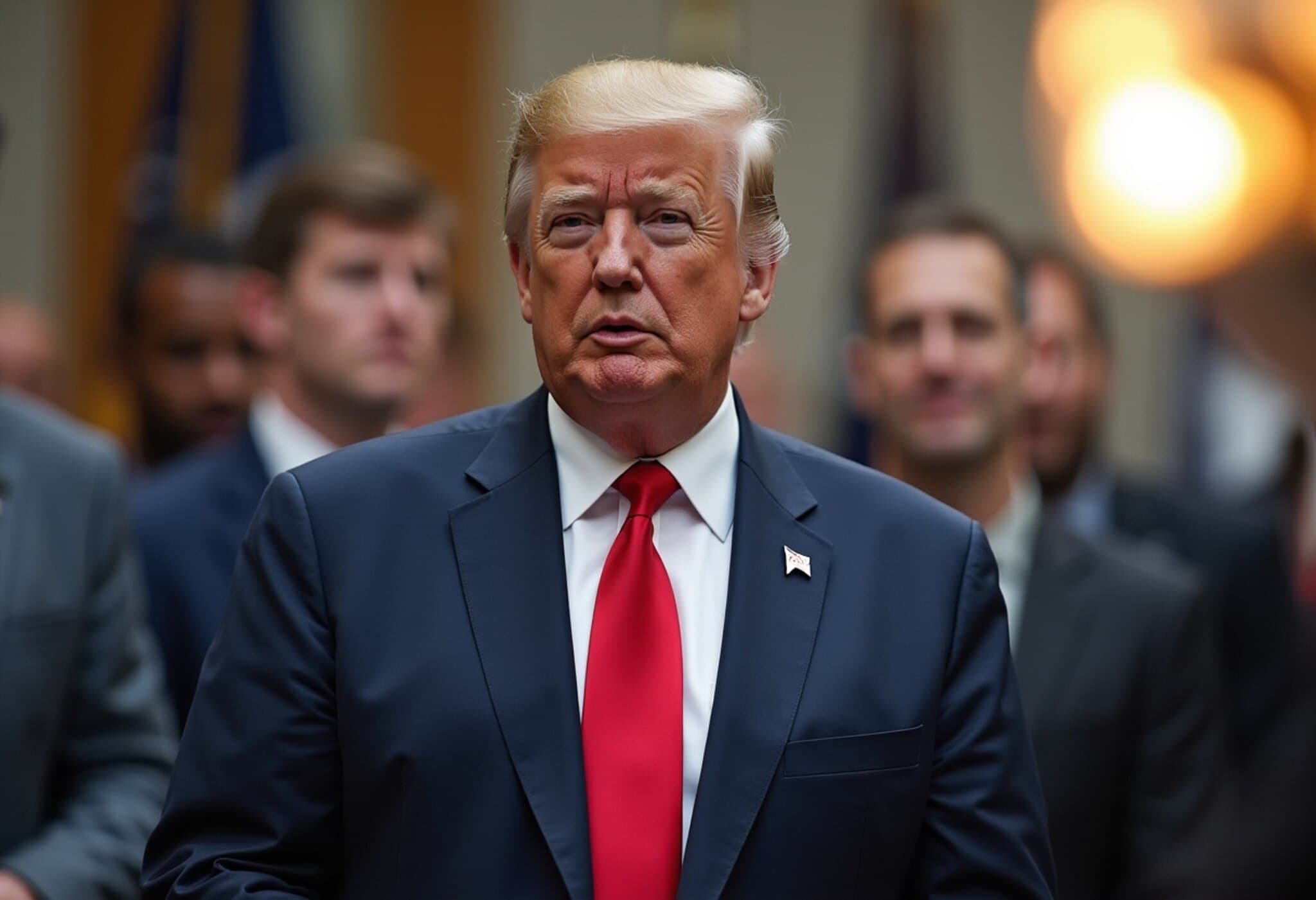Texas Restaurant Owner Faces Deportation Over Alleged Visa Overstay
Roland Mehrez Beainy, 28, co-owner of the 'Trump Burger' restaurant chain in Texas, stands at the center of a complex immigration enforcement case after being detained by US Immigration and Customs Enforcement (ICE). The Lebanese national, who entered the United States as a non-immigrant visitor in 2019, is now facing deportation proceedings for allegedly overstaying his visa.
Five Years Building a Brand Under Scrutiny
Beainy launched the Trump Burger chain—an eatery themed around former President Donald Trump’s persona—in 2019. Despite the enterprise’s notoriety and growth, his immigration status came under examination after his authorized stay expired on February 12, 2024. On May 16, ICE arrested Beainy, placing him into removal proceedings. He was later released on bond on June 13, pending court hearings.
ICE’s Stance and Policy Climate
In a statement reflecting the current administration's immigration outlook, ICE emphasized its commitment to "restoring the integrity of the nation's immigration system by holding individuals accountable who overstay or illegally enter the country." This case exemplifies the agency’s broader vigorous enforcement approach, especially under the renewed Trump administration's tenure starting January 2025, which has prioritized cracking down on visa violations and illegal immigration.
Allegations of Sham Marriage Add Complexity
Further complicating the case, the Department of Homeland Security (DHS) alleges that Beainy attempted to secure legal status through a "sham" marriage. The US Citizenship and Immigration Services revoked his petition after finding no evidence of cohabitation or bona fide relationship, as reported by The Independent. This development raises questions about the challenges immigrants face navigating legal avenues for status regularization and highlights potential pitfalls in the immigration system.
Political Irony and Broader Implications
Ironically, despite owning a business themed after President Trump, Beainy’s political associations bear no weight in his immigration case. DHS underscored that enforcement actions are applied uniformly, "regardless of what restaurant you own or political beliefs you might have." This underscores the harsh reality that the intersection of entrepreneurship, politics, and immigration status can create complex legal predicaments for immigrant business owners.
Contextual Insight: The American Immigration Enforcement Landscape
This case sheds light on a persistent tension in American immigration policy—the balance between welcoming immigrant entrepreneurship and enforcing strict visa compliance. Immigrants often fuel local economies, creating jobs and cultural vibrancy, yet even minor administrative infractions can trigger severe consequences such as deportation.
Furthermore, Beainy’s story calls attention to the broader policy debates over visa overstays, marriage-based immigration petitions, and the criteria ICE uses to determine enforcement priorities. With President Trump’s administration doubling down on immigration control, similar cases may become more frequent, raising critical questions about fairness, due process, and the human dimension behind immigration law.
What Lies Ahead for Roland Mehrez Beainy?
- Pending court proceedings will determine whether Beainy can remain in the US and potentially regularize his status.
- Public and legal scrutiny of immigration enforcement methods may intensify amid such high-profile cases.
- Beainy’s case may influence immigrant entrepreneurs’ decisions on risk management and compliance strategies.
Editor’s Note
This case exemplifies the intricate and often unforgiving nature of the US immigration system, where business success and community contributions do not necessarily shield individuals from legal jeopardy. It invites reflection on how immigration policies align with America’s identity as a nation of immigrants and the practical realities of immigrant entrepreneurship. As the legal process unfolds, the broader policy community and the public are urged to monitor how enforcement balances security with compassion and economic pragmatism.



















